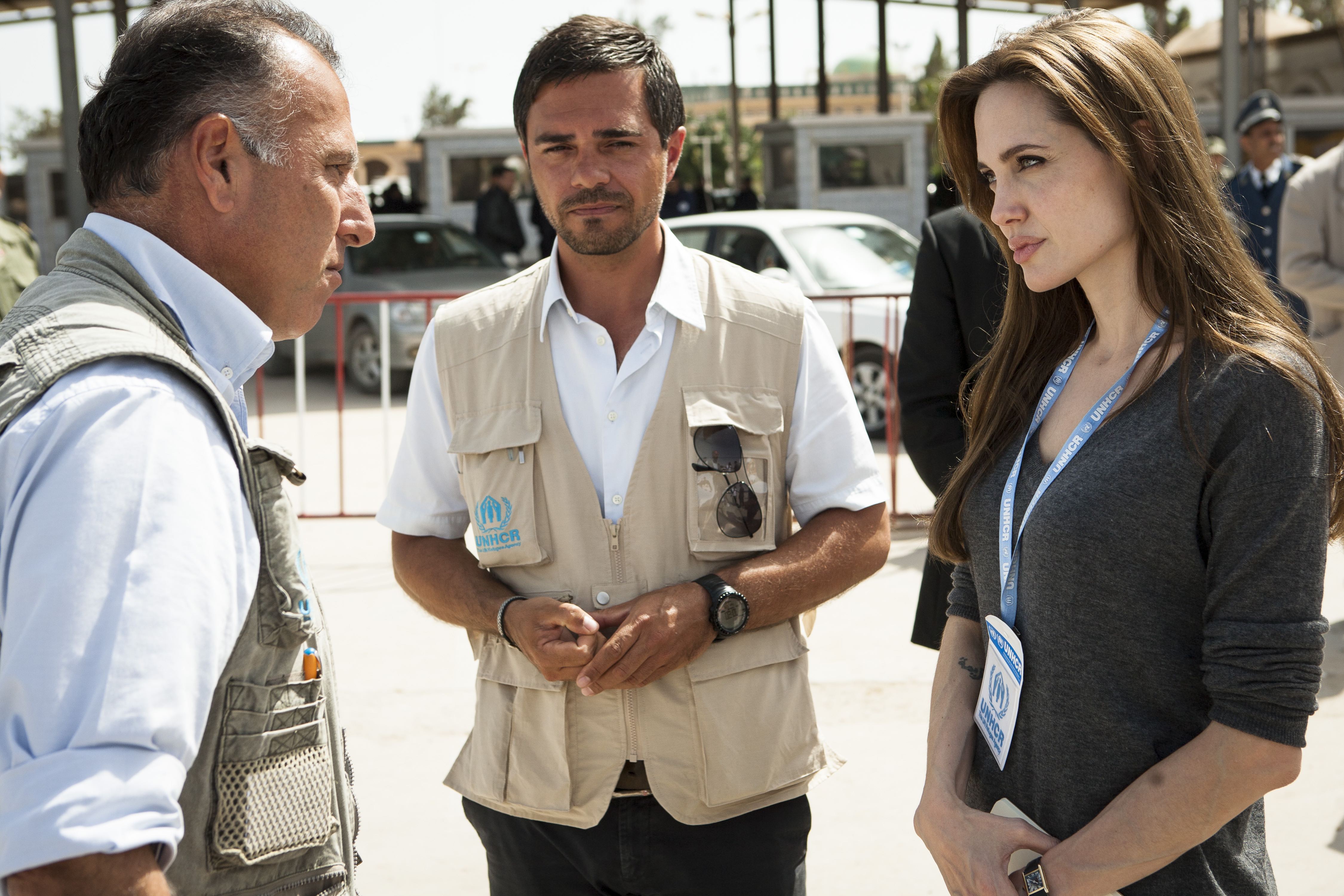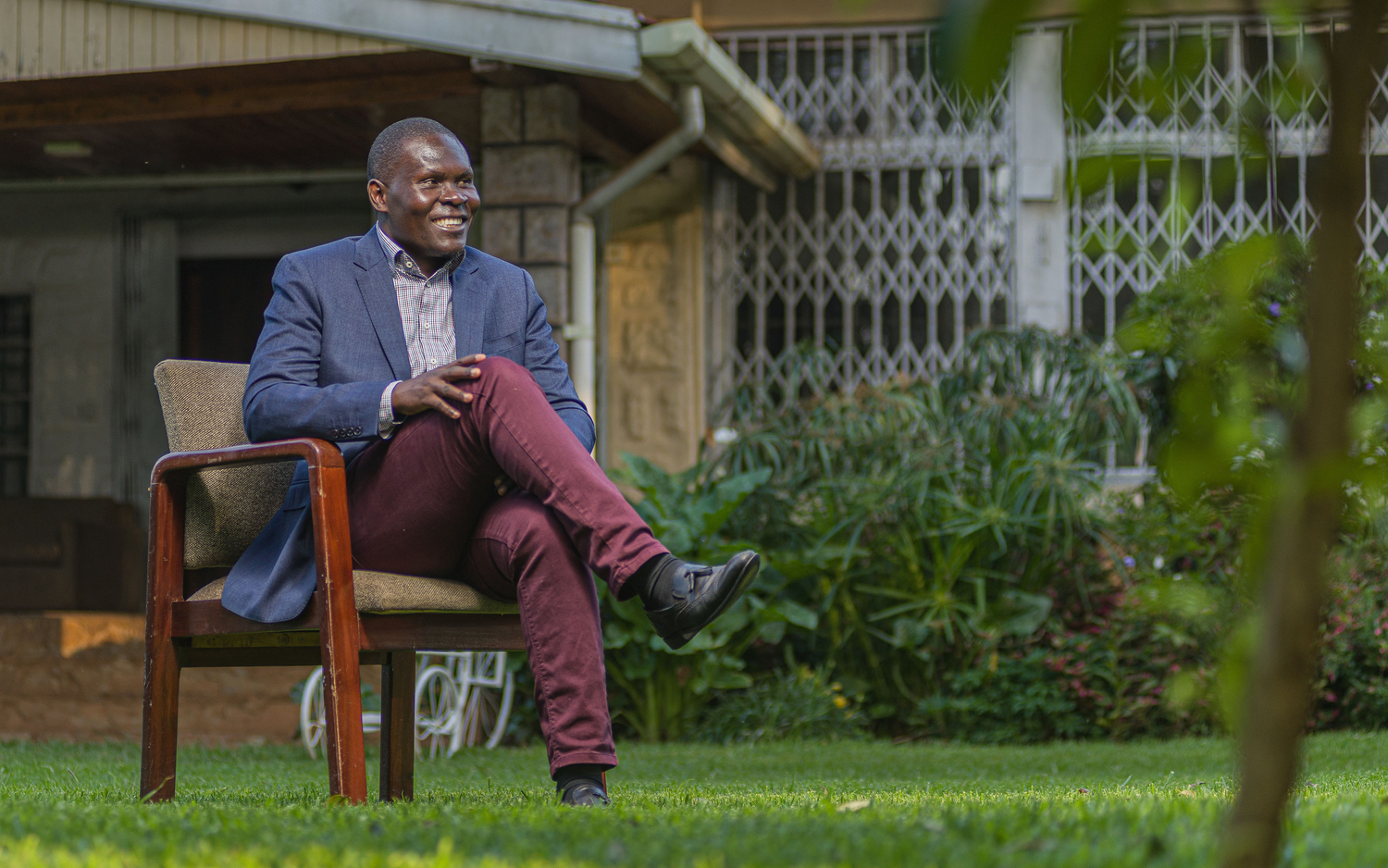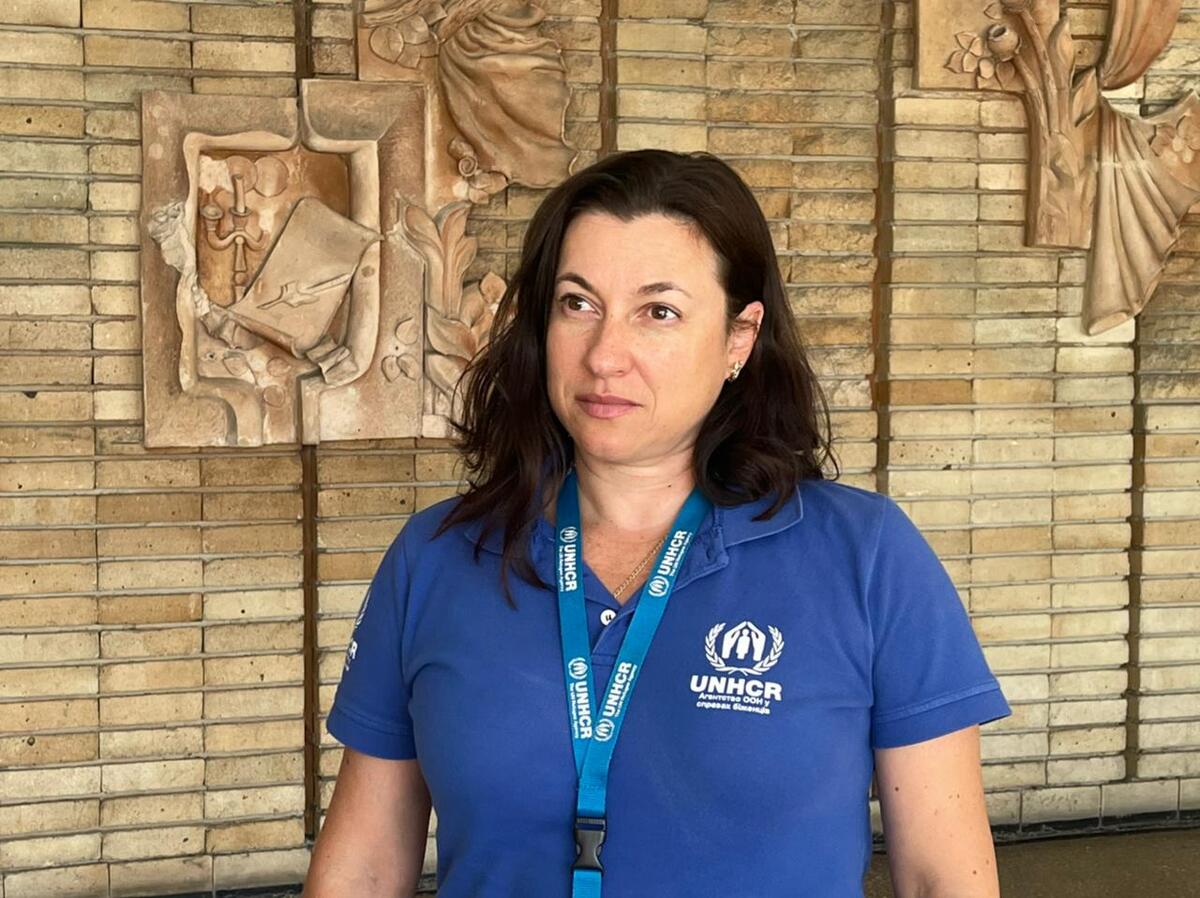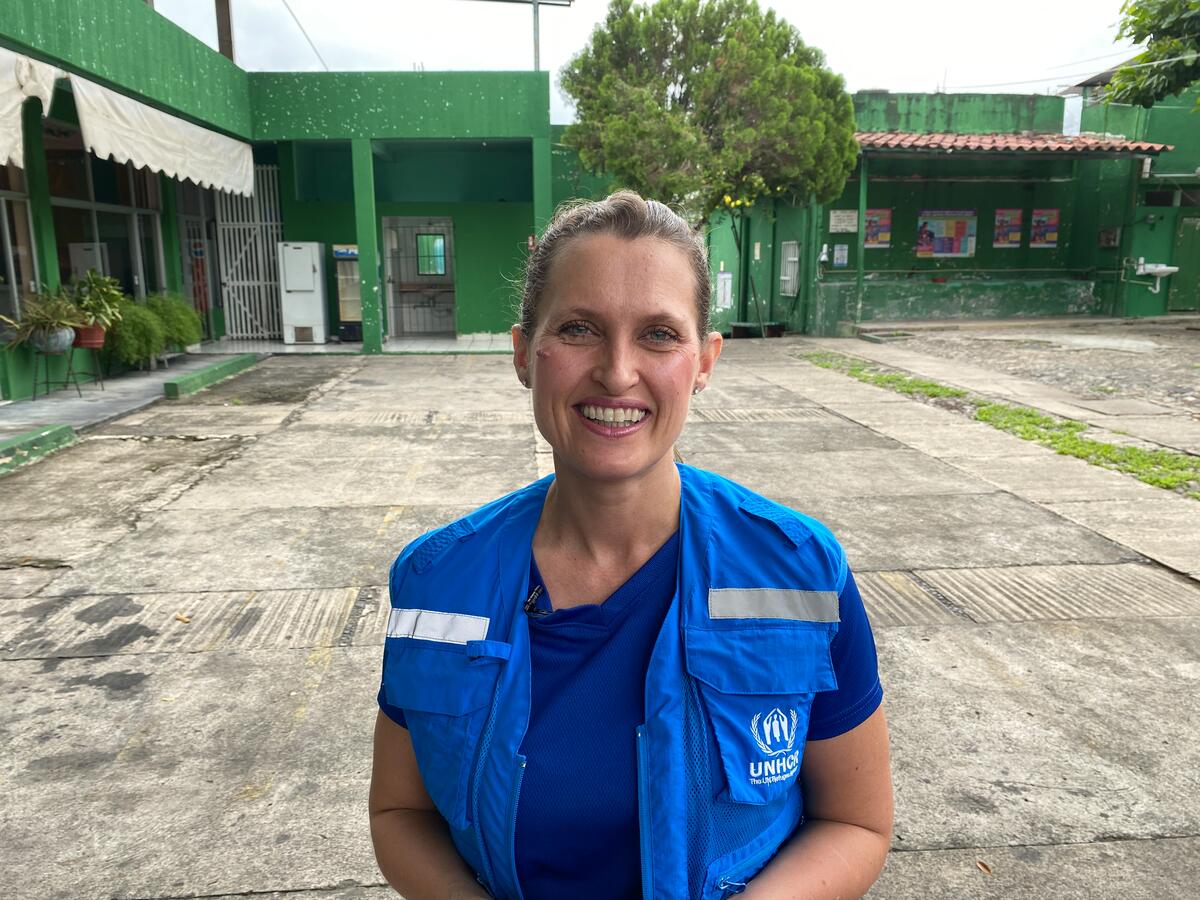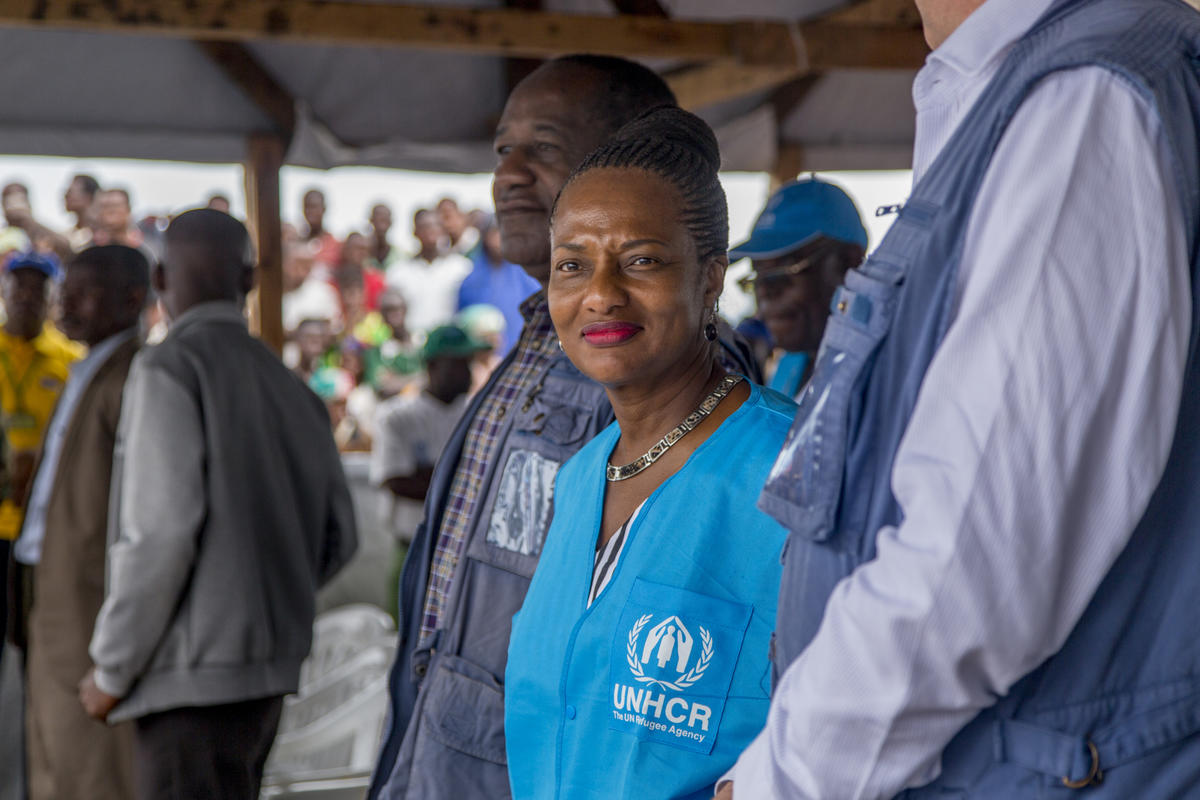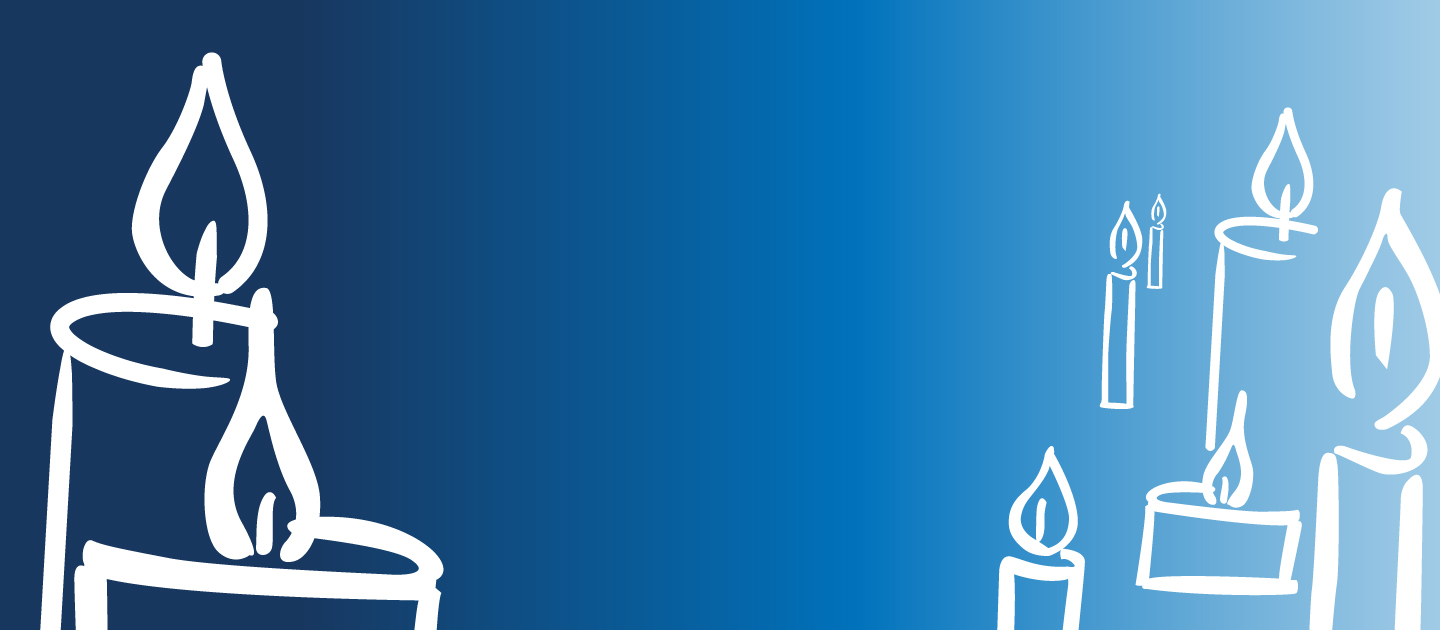'You are dealing with people who are not giving up, so why should you?'
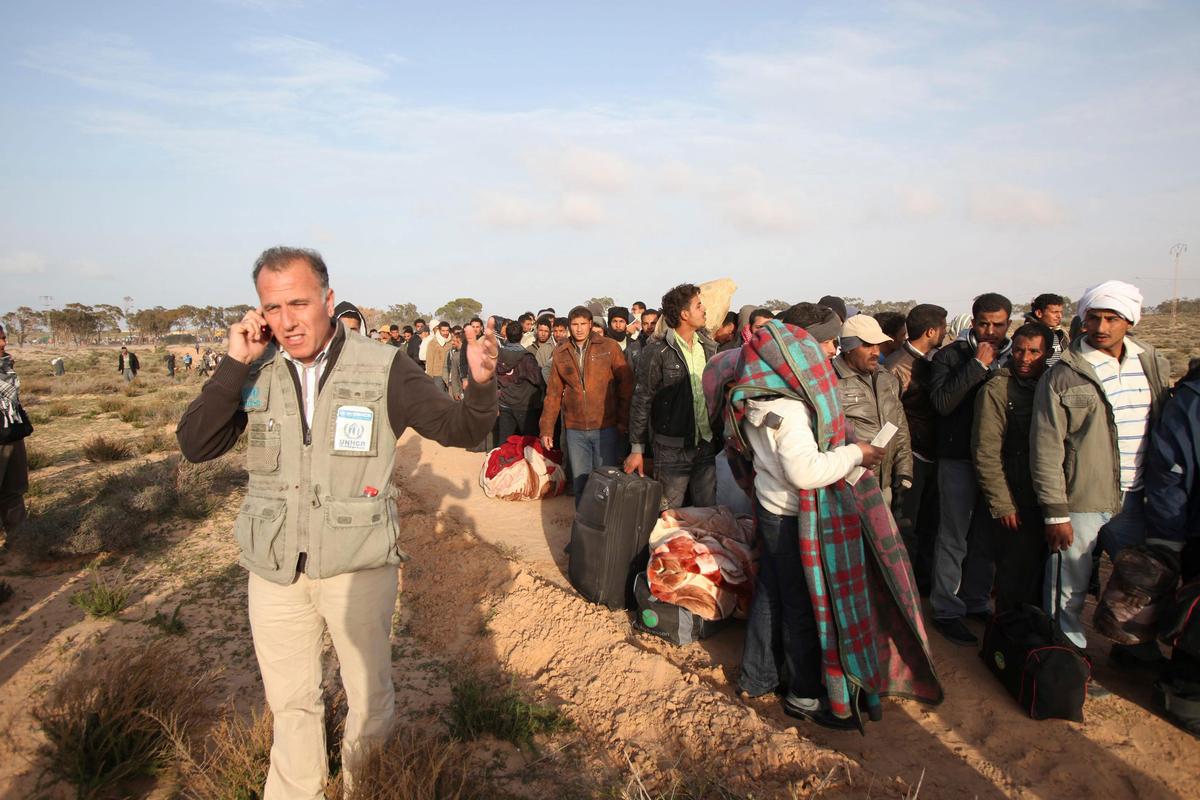
'You are dealing with people who are not giving up, so why should you?'
Name: Ayman Gharaibeh, 53, from Jordan.
Job title: UNHCR’s Representative to Yemen, based in Sana’a.
Years at UNHCR: 25, working in Iraq, Syria, Yemen, Afghanistan, Sri Lanka, Bosnia and at headquarters in Geneva.
Why did you become an aid worker?
I was working at a bank in Amman, Jordan, back in 1990 when one day I got a call from a friend of mine who works for the International Committee of the Red Cross (ICRC), offering me a job. Saddam Hussein, who was then the President of Iraq, had invaded Kuwait and ICRC was tasked with emptying Kuwait of third-country nationals – mainly Indians and Bangladeshis.
I was 25 years old in a job that I didn’t find personally fulfilling and, with the recklessness of youth, a one-month contract in the middle of the desert just sounded more interesting than working at a bank. I didn’t really know what I was getting myself into, but I have always had that interest in understanding the world in a completely different context than you would learn about in history books, and it turned out to be a fantastic experience.
This job has placed me at pivotal moments in world history and has taken me across the globe. So ultimately, it has enabled me to combine my interest in understanding the world with service to humanity.
What is the most rewarding or challenging thing about your job?
The Yemen crisis has been unfolding for the past three years and it continues to unravel. UNHCR’s role has gone from being a small operation working with refugees from Somalia to responding to a major internal displacement crisis affecting 2 million people.

In just one day, Sana’a can get 62 air strikes. We can have 5,000 cholera cases per day. You are up against such a challenge and you begin to question yourself – what are we doing here? But that completely changes when you are closer to the people and see you’re actually making a difference in their lives.
We often say that what humanitarianism and humanitarians are doing is saving lives. But I don’t think that gives credit to the people we are serving. Refugees have survived because they know how to survive – people are saved by their own resilience, that’s how Yemen survives today.
What was your best day at work?
It’s very hard to pick one particular day out of 25 years, but the best days are when I come face-to-face with the people that this organization serves. That’s what really gives you the motivation – you are dealing with strong, resilient people who are not giving up, so why should you give up?
"Parents want to look into their kids’ eyes and see some hope in the future."
Resilience doesn’t have a home – it exists in every country. The resilience of the Bosnians during the war there is no less than the resilience of the Tamils in northern Sri Lanka.
Parents want to look into their kids’ eyes and see some hope in the future. This is the complex part of my job and that’s the uniqueness of the UNHCR mandate because you’re dealing with people.
What was your worst day?
What I really dislike about this job are really the moments when you need to leave either when you finish your assignment and have to move on, or are evacuated because of extremely hostile conditions. Some of the hardest moments were when I had to leave in Aden in 1994; Herat, Afghanistan, in 1996; and Syria in 2012.
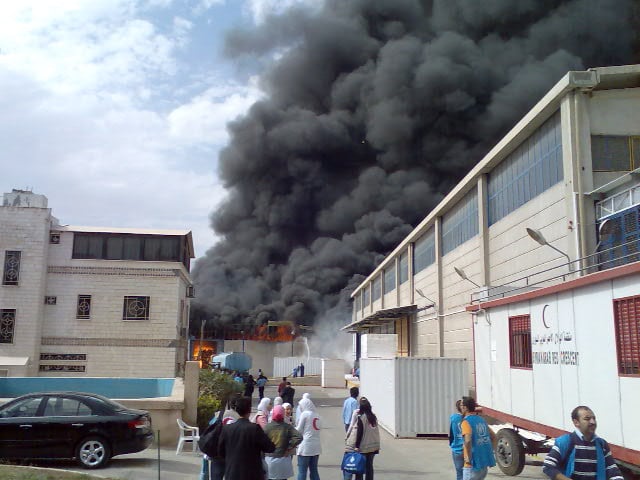
Syria was especially difficult. I was there for five years setting up our operation to deal with the Iraqi refugee crisis but then the country started to descend into the quagmire that we all knew was coming and I had to leave. Coming from the region and speaking Arabic, I was particularly close to our national staff and my departure weighed heavily on my conscience and on the psyche of our staff.
"You leave with almost a sense of guilt, fear and betrayal."
They asked me, "Do you have to leave us now when we ourselves are in a time of need? What’s going to happen to us once you leave?"
Leaving behind the very same people whose safety you are concerned about is one of the hardest things. It is an inevitable part of our job as we have to move on but you leave with almost a sense of guilt, fear and betrayal.
The ones who stay behind just want to know whether there is any hope, and when a lot of the causes for issues that we are responding to are beyond us, hope is not always something you can give people.
The UN Refugee Agency works in 130 countries helping men, women and children driven from their homes by wars and persecution. Our headquarters are in Geneva, but most of our staff are based in the field, helping refugees. This profile is part of a series highlighting our staff and their work.


